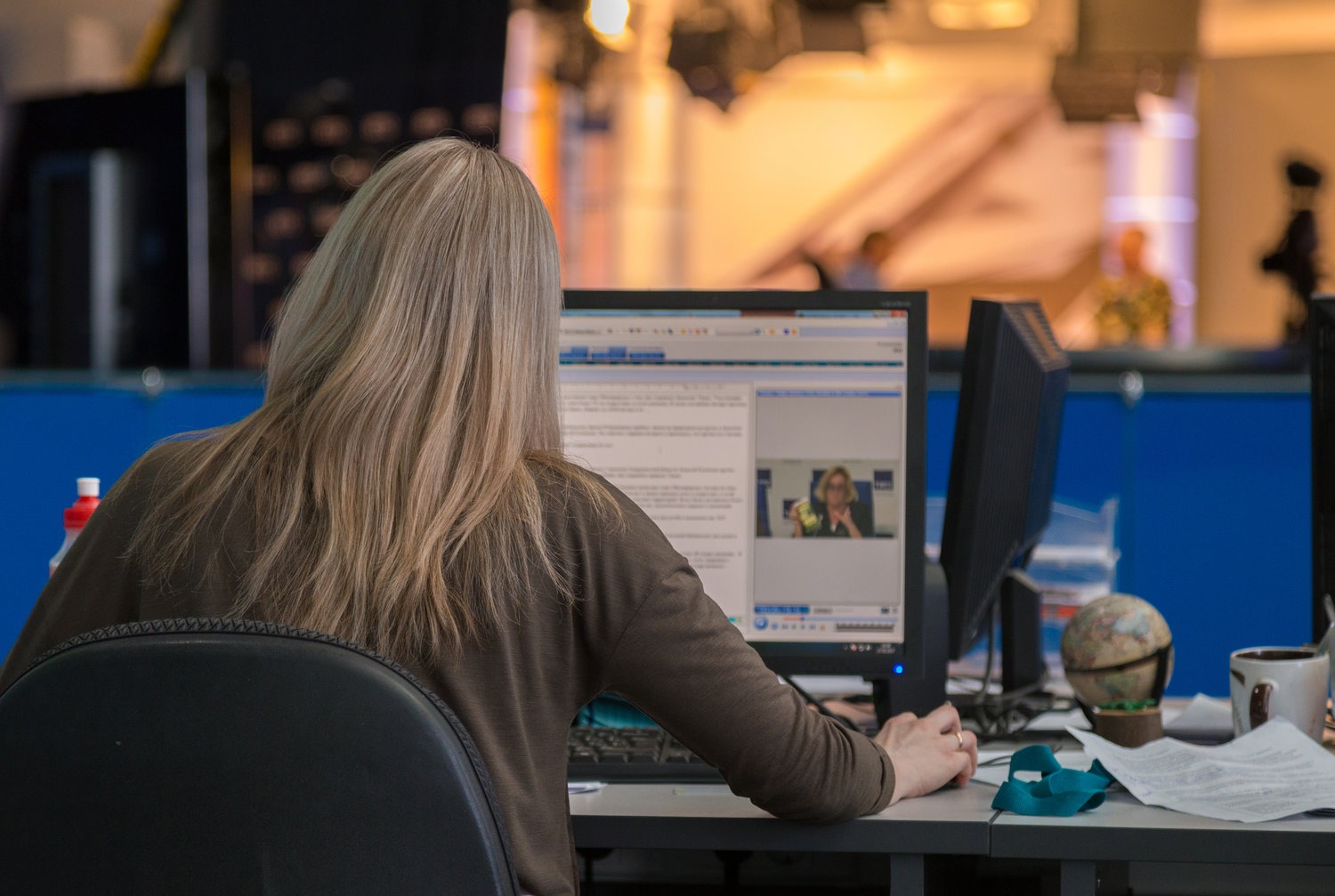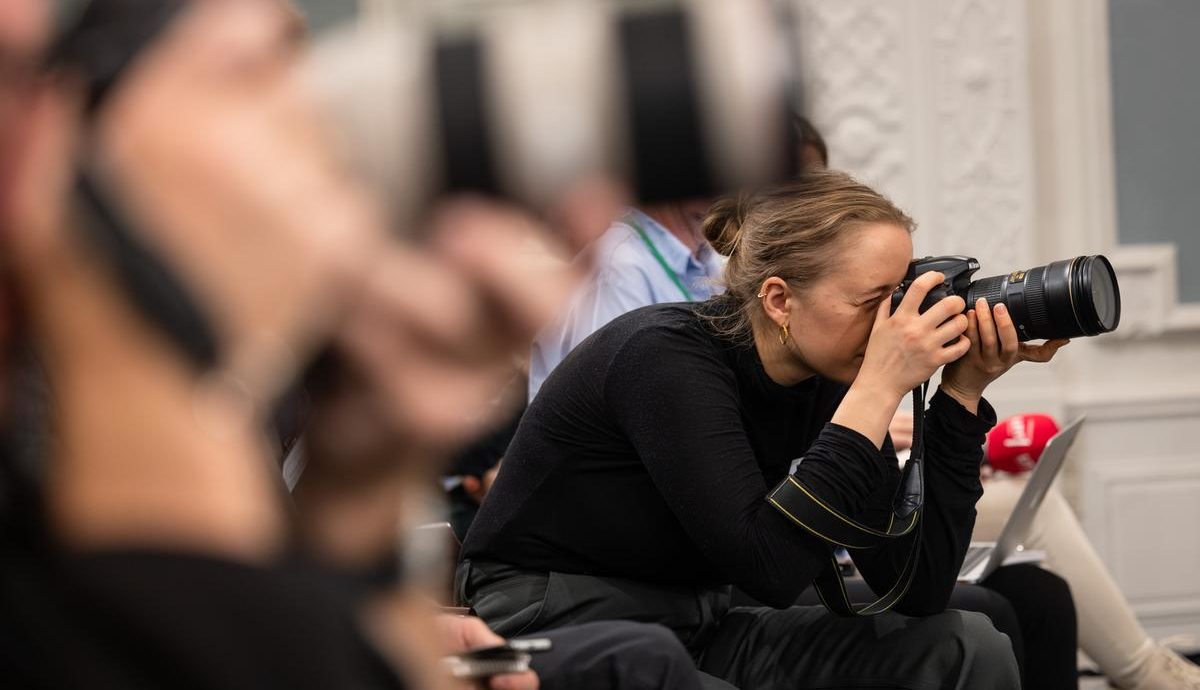A slate of twenty-nine grants was approved to support professional content creation and storytelling with a special focus on minority languages and ethnically diverse regions. Open to media companies and journalists in Lithuania, Latvia ant Estonia, this grant provides up to 10.000 euros for content projects with duration up to 12 months.
“Minority language media plays a key role in ensuring democracy and inclusion in the Baltic countries. The media production of ethnic minorities is an important yet under-analyzed area, which is also able to give answers to challenges of fake news and foreign channels that display covert biases. This grant aims to support a transparent local minority language media”, said Helen Nilsson, Director of the Nordic Council of Ministers Office in Lithuania.
The grand has received total of 75 applications (32 from Lithuania, 29 from Latvia and 14 from Estonia). Of those, 29 were awarded support (11 from Lithuania, 9 from Latvia, 9 from Estonia).
Following is a list of the granted projects:
Lithuania
- Varvara Kozlova: “21 days in the life of Ivan Denisovich”. Series of stories about the life of Russian minorities in Lithuania.
- Delfi: “We are from 90s”. Short video series that will be addressing prevailing myths about Lithuania’s democratic transition by highlighting the most successful transition paths.
- Ina Šilina: “Media search of present Russian culture forms in Lithuanians Life”. 5 videos and 5 texts based on 15 interviews about Russian culture with Lithuanian people around Lithuania.
- ZW.LT: “East or west, home is the best”. Series of 42 weekly interviews lasting 15-20 minutes with noteworthy figures from the world of show business, politics, commerce, medicine, art and others.
- InTheBaltic: “When many make one: national minorities in the Baltic states”. Video and audio podcasts, reportages, analytical texts and entertaining content in Russian and Polish languages.
- People of Klaipėda and kl.lt: “Klaipėda’s newspaper”. Page-long interviews with noteworthy Russian-speakers or residents who are directly related to them.
- Bernardinai.lt: “Polish, Russian and Lithuanian Cooperation in the Fight for Freedom”. Series of articles in Lithuanian on the cooperation of Lithuanian, Polish and Russian dissidents during the Soviet period.
- Vilniaus klodai: “Each individual success story is a great success for the community and the state”. pogon.lt content on various topics of national societies and their integration into the Lithuanian society.
- Dokumedija: “Post-Post-Soviet Part 1: Slavic Youth in the Baltic States”. Interviews and workshops with target groups living in Lithuanian, Latvian and Estonian capitals and regions, with exclusive focus on ethnical minorities.
- Rusradio LT: “The other news”. Daily radio audio-only show, “Other News”, where two hosts satirically discuss the most recent and relevant local news stories.
- Alexey Shakhmatov: “Unusual adventures of a Kazakh in Lithuania”. Weekly radio show with a host telling about the peculiarities of migration to a young European republic.
Latvia
- Rīgas Laiks: “Content development of the Russian language quarterly Rīgas Laiks”. Eight in-depth interviews in Russian language quarterly “Rīgas Laiks (русское издание)”.
- Ezerzeme: “Latgale – region of opportunities”. Success and challenges stories about business environment in Latgale.
- Kurzemes vārds: “Local newspapers are still alive”. 5 article cycles in the weekly newspaper “Лиепайская неделя”.
- Delfi: “Story of the day”. Articles where journalists try to find connections between short news, quotes and other pieces of content. As a result, they will create clear, wide picture for audience.
- LETA: “Section LETA+”. Analytical content in Russian language, free for republishing for all media in Latvia.
- Elvita Ruka: “My Gypsy Year”. Series of 15 publications supplemented with visual material.
- Smartlatvia.lv: “(Re)migration/People’s Republic on smartlatvia.lv”. Series of articles on most controversial, painful and emotionally charged set of themes in modern Latvia – demographics and migration.
- TVNET: “Dividing History: Suitcase, Station, Russia”. Stories about today’s attitudes towards Russia, with the example of Latvians expelled to Siberia, to show the history of integration into another society – how they managed to preserve their culture and language.
- Latgales laiks: “Latgale – multicultural region of Latvia: reflection of migration and integration in the light of the economic and social processes”. Stories about Russian speaking inhabitants and ethnically mixed families in Latgale.
Estonia
- Feministeerium: “Improving the quality and increasing the amount of Russian-language media content that is created by and targeting minority and underrepresented groups in Estonia”. 6 articles from Russian-speaking authors published in Feministeerium outlet monthly.
- Novaya Gazeta — Baltics: “Young Russian Baltics: who they are”. 10 stories about young (16-25) people, living in ethnically diverse regions, their living conditions, working and studying opportunities, integration processes and relationship with ethnic majorities.
- Ida-Viru Creative Industry Centre: “TECHnolk 3.0”. Russian-language STEM-based tv-show TECHnolik for children aged 6-14, inspiring curiosity and STEM subjects’ learning.
- Estonian Public Broadcasting Radio 4: “KISA FM”. Unique online project intended for Russian-speaking young people. KISA FM is an evolving experimental platform for younger people to test new ideas and media formats.
- Kultuuritahvel: “Publishing the newspaper Vestnik Tartu”. Continuation of publishing the Vestnik Tartu newspaper.
- EMCC: “Increasing the quality of Propastop Russian version”. The Projects goal is to increase the quality of the Russian version of Propastop’s electronic magazine.
- Turundusproff: “Introducing Russian speaking leaders to Estonians”. Publishing 10 articles about Russian speaking leaders.
- Prospekt-Media: “Neighbours”. Three independent Russian-language Internet portals prospekt.ee (Narva, Estonia), grani.lv (Daugavpils, Latvia) and news.tts.lt (Visaginas, Lithuania) will exchange their journalistic articles once per month and publish them respectively on their websites.
- Edasi.org: “Vertical, step 2”. Politically non-opposing and future-minded essays, opinion pieces, articles and interviews, focusing on Estonia, the region and the world in general.
All funded projects have to be freely accessible to a national or global online audience without any access barriers such as pay walls or registration. The grant allows for full editorial independence and the Nordic Council of Ministers shall not exert any influence on the editorial decision-making of the media production.
This grant scheme is a continuation of The Nordic Council of Ministers’ support program for media production, media knowledge, and media literacy for the minorities in the Baltic countries. The program has been awarding media support in the Baltic countries since 2017. One round of the grants is awarded per year. The grant is implemented by the the Nordic Council of Ministers’ offices in the Baltic countries.
For more information visit www.nordicmediagrants.org








